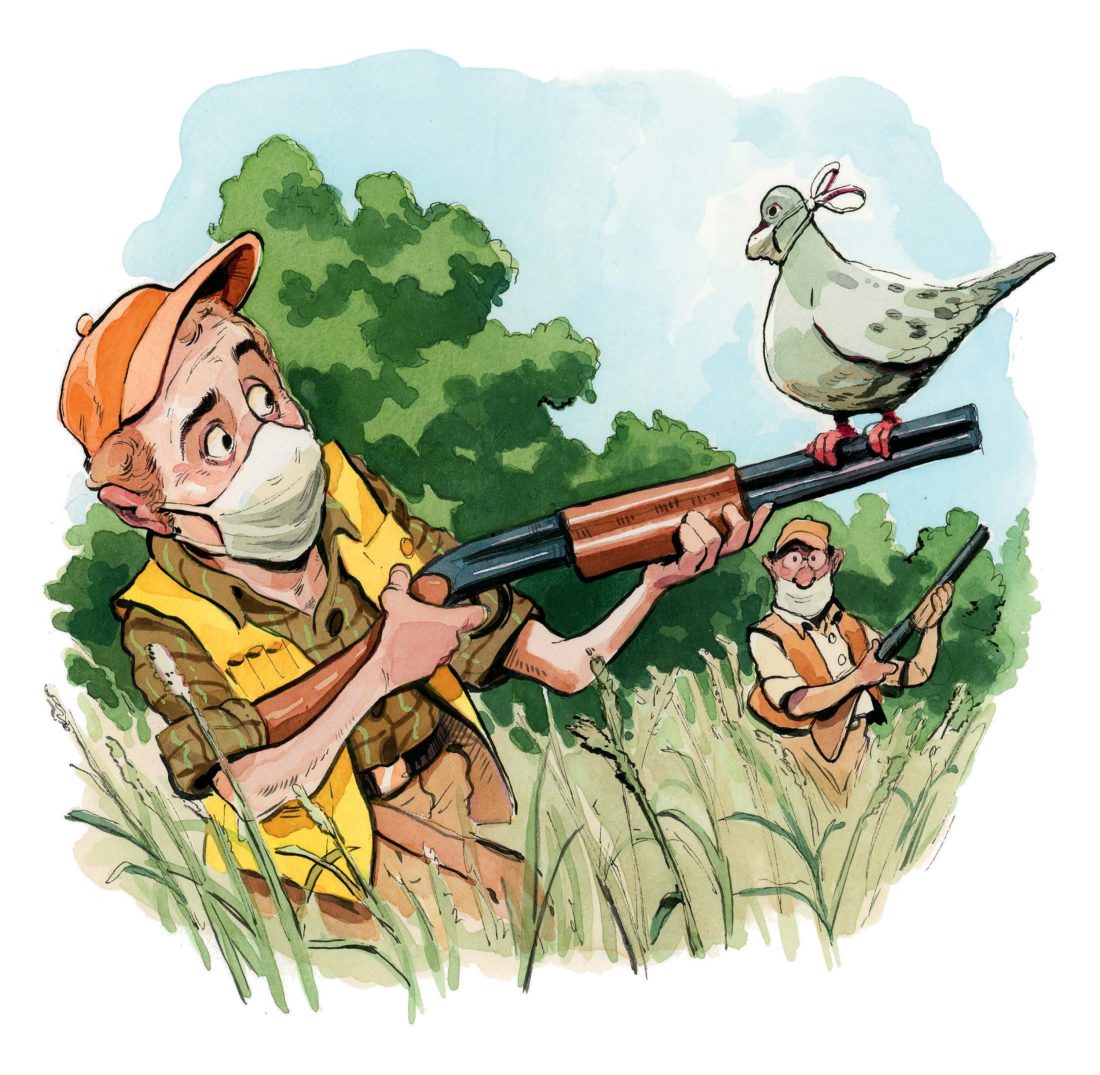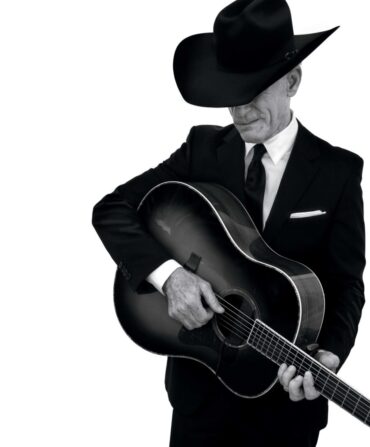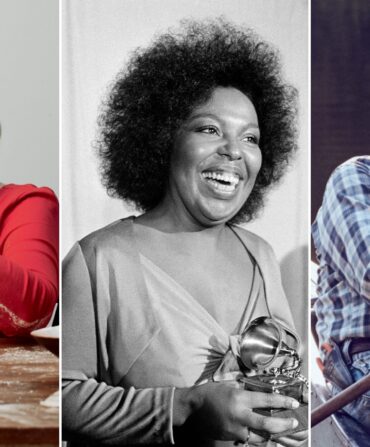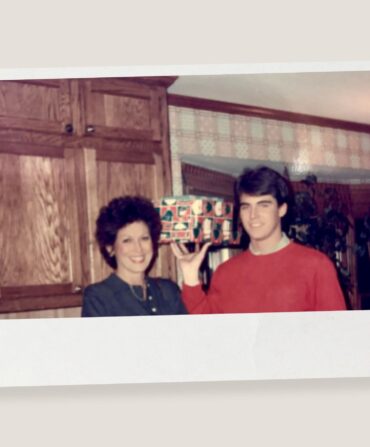Friends are staging their annual dove shoot on their farm. Wise idea, all things considered?
A dove shoot won’t whisk away the difficulties the pandemic has brought, but it presents a near perfect restorative. The hunt’s splayed-out architecture, driven by the mad fighter-jet flight patterns of Zenaida macroura carolinensis when rocketing in to feed in a promising field, is tailored a priori to SARS-CoV-2 social distancing. But a dove shoot brings more than just a clinical benefit to this moment in history, namely, the chance to reforge the bonds of a hunting cohort, pushing us out into the world again, into the real dirt of a shooting day, as well as allowing us the sweet boon of the veranda’s après-hunt drinks. At which you’ll not be plunging your hands into the ice bucket as you top off that refill, correct? Mainly, though, the prey brings us its own noble, columbine lessons: its blinding fifty-five-mile-an-hour bursts, its majestic peregrinations up and down its two-thousand-mile-long flyways, its powerful adaptability to desert, tropical, and piedmont habitat. There are some 249 million of them for a reason. The dove embody a narrative of immense natural resilience, a quality we could all use about now.
Exhausted by the debate. Give us the world’s best biscuit recipe.
How many Southerners bake? Three million? Five million? That’s how many biscuit receipts there are down home. The biscuit wars cannot be negotiated to a lasting peace, because it keeps everybody sharp if the wars of taste burn bright. The need for biscuits is ancient. The Roman army required a go-to, durable bread for its many campaigns, so the Caesarean cooks developed bis coctus, or bis coquitur, “twice-baked” bread, built to travel rough. It’s the distant ancestor of Italian biscotti and the eighteenth-century British navy’s hardtack, which, in turn, is a kissing cousin to our biscuits—light, toss ’em in a saddlebag, they keep for days. The Southern biscuit has been demilitarized and domesticated with leavening, but the genealogy’s message is that the South retains its frontier staples. As for the recipe, I’ll not declare a Greatest of All Time, because there isn’t one. There is a “best” guiding philosophy: small, not large; tart, not sweet. Baking soda, with buttermilk. Why? The sodium bicarbonate, a base, reacts with the buttermilk, an acid. Anybody tells you to make a big biscuit, or to put a grain of sugar in there, I’m sorry: They’re scalawags and pretenders of the worst sort. Southern biscuits are still a frontier product stripped of pretense. This gives them the brawny range to carry country ham, or a dollop of molasses, or best, as if you’re eating them out of your saddlebags, nothing at all.
Has the pandemic erased all our civility?
In a world in which the French no longer kiss in salutation, it’s disorienting to have to dial back the filigreed forms of interaction. Hope is worth embracing, though: In the largest sense, humane, ethical behavior—not to mention etiquette—has forever been challenged by global events, whether by war, famine, pestilence, political jousting, or, more likely, all of the above. We’re judged by how we behave within the widening gyre, as Yeats put it. In the long view, we’ll not lose our gyroscope of fair play—we may hotly debate it, as we are doing now, and the circumstances of that may tear at the fabric of things, but it’s too basic to let go. Bottom line, whether we’re fighting a pandemic or engaging in a wrenching national debate of the founding fathers’ core notion of civil rights, it’s our duty to maintain civil discourse. One fine how-to has been with us awhile. The famed Egyptian vizier Ptahhotep set down his “Maxims” sometime after 2400 BC, at the end of a life in service. He counseled his son and successor to care for the classic virtues—patience, charity toward those less fortunate, the ability to listen—so that good things would come. He stressed how much work that took, which, gauging by our country’s last few months, remains our challenge. Ptahhotep’s papyrus is in Paris’s Bibliothèque nationale de France, worth a visit as soon as the French are able to kiss one another on the cheeks again.
This article appears in the August/September 2020 issue of Garden & Gun. Start your subscription here or give a gift subscription here.








